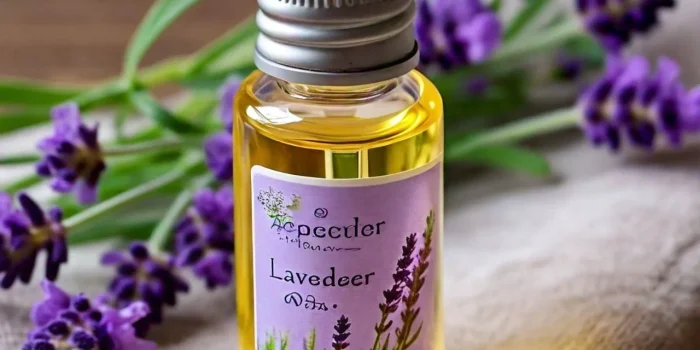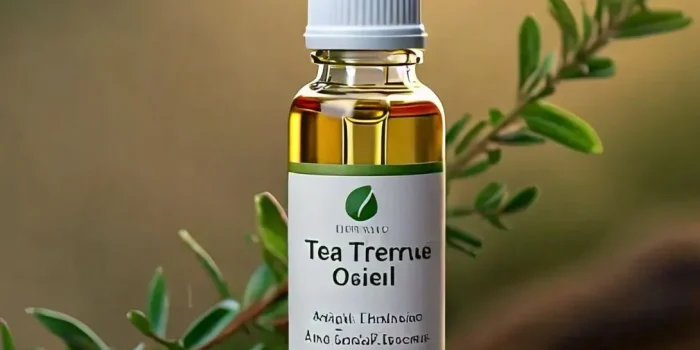As the seasons change, allergies can wreak havoc on our lives, causing congestion, itchiness, and discomfort. While conventional treatments often bring relief, essential oils can be a wonderful complementary solution to alleviate allergy symptoms. Let’s dive into the world of essential oils and explore how they can help Alleviate Allergy

Some Essential Oils and there Uses
Lavender Oil: Calming and Soothing

Lavender oil can be quite helpful for managing allergy symptoms in several ways:
1. Anti-Inflammatory Properties: Lavender oil has anti-inflammatory effects that can help reduce swelling and irritation in the nasal passages and throat.
2. Allergy Relief: It can help alleviate symptoms like sneezing and itching by calming the body’s response to allergens.
3. Air Purification: Adding lavender oil to a diffuser can help purify the air and reduce airborne allergens.
4. Stress Reduction: Lavender oil is known for its calming effects, which can help manage the stress and discomfort that often accompany allergies.
5. Improved Sleep: Using lavender oil before bedtime can promote better sleep, which is crucial for overall health and recovery from allergy symptoms.
Peppermint Oil: Decongestant and Refreshing
Peppermint oil can be highly effective for managing allergy symptoms in several ways:
Decongestant: Its menthol content acts as a natural decongestant, helping to clear nasal passages and ease breathing.
Soothing Relief: Peppermint oil can soothe irritated nasal passages and reduce coughing.
Refreshing Sensation: It provides a cooling, refreshing effect that can help alleviate discomfort from congestion.
Boosts Immunity: Its antimicrobial properties can support overall immune function, aiding in allergy defense.
Mental Clarity: The invigorating aroma of peppermint oil can enhance focus and reduce the fatigue often associated with allergies.
Eucalyptus Oil: Natural Decongestant

Eucalyptus oil is a powerful ally for managing allergy symptoms due to its natural decongestant properties:
Clear Airways: Eucalyptus oil helps to open up nasal passages, making it easier to breathe.
Reduce Congestion: Its decongestant effects help relieve sinus pressure and nasal congestion.
Soothing Relief: The oil has anti-inflammatory properties that can calm irritated tissues in the respiratory system.
Antimicrobial Action: Eucalyptus oil can help fight off airborne pathogens that might exacerbate allergy symptoms.
Refreshing Aroma: Its crisp, fresh scent can invigorate and promote a sense of relief and clarity.

Tea Tree Oil: Anti-Inflammatory and Antimicrobial
1.Reduces Inflammatio: Tea tree oil helps alleviate itching and swelling associated with allergic reactions by reducing inflammation.
2.Prevents Infections: Its antimicrobial properties can help prevent secondary infections, especially on irritated skin from scratching.
3. Relieves Nasal Congestion: Adding tea tree oil to a steam inhalation can help clear nasal passages and reduce respiratory symptoms.
4. Soothes Skin Allergies: When diluted with a carrier oil, tea tree oil can soothe skin rashes and hives caused by allergies.
5. Purifies Air : Using tea tree oil in diffusers can help reduce airborne allergens and pathogens in your home environment.
Note: Always dilute tea tree oil before applying it to the skin and consult a healthcare professional for severe allergies or sensitive skin.
Using Essential Oils for Allergies
- Diffuse essential oils in your home to create a calming and decongesting atmosphere.
- Mix with carrier oils for topical application, relieving skin irritations and itchiness.
- Enhance your bath with this addition for a soothing and revitalizing experience
- Incorporate into your meditation practice to reduce stress and promote well-being.
Always Remember
Always dilute essential oils with carrier oils, perform patch tests, and consult with a healthcare professional before using essential oils, especially if you have severe allergies or sensitivities.
By adding essential oils to your allergy-fighting toolkit, you can breathe easier and experience natural relief from allergy symptoms.
FAQ'S
Ans: Essential oils are highly concentrated plant extracts used for their medicinal, therapeutic, and fragrant properties.
Ans: Essential oils can be used through inhalation, topical application, or ingestion (under guidance).
Ans: Generally, yes, but always dilute with a carrier oil, perform patch tests, and consult a healthcare professional before use.
A: No, essential oils are not a substitute for medical treatment, but they can complement traditional therapies.
Conclusion
Essential oils are a natural and versatile way to promote physical, emotional, and mental well-being. From reducing stress and anxiety to supporting skin health and immune function, these potent plant extracts offer a wide range of benefits. By incorporating essential oils into your daily routine and using them responsibly, you can harness their therapeutic potential and cultivate a deeper connection with nature. Explore, learn, and enjoy the wonderful world of essential oils!”

